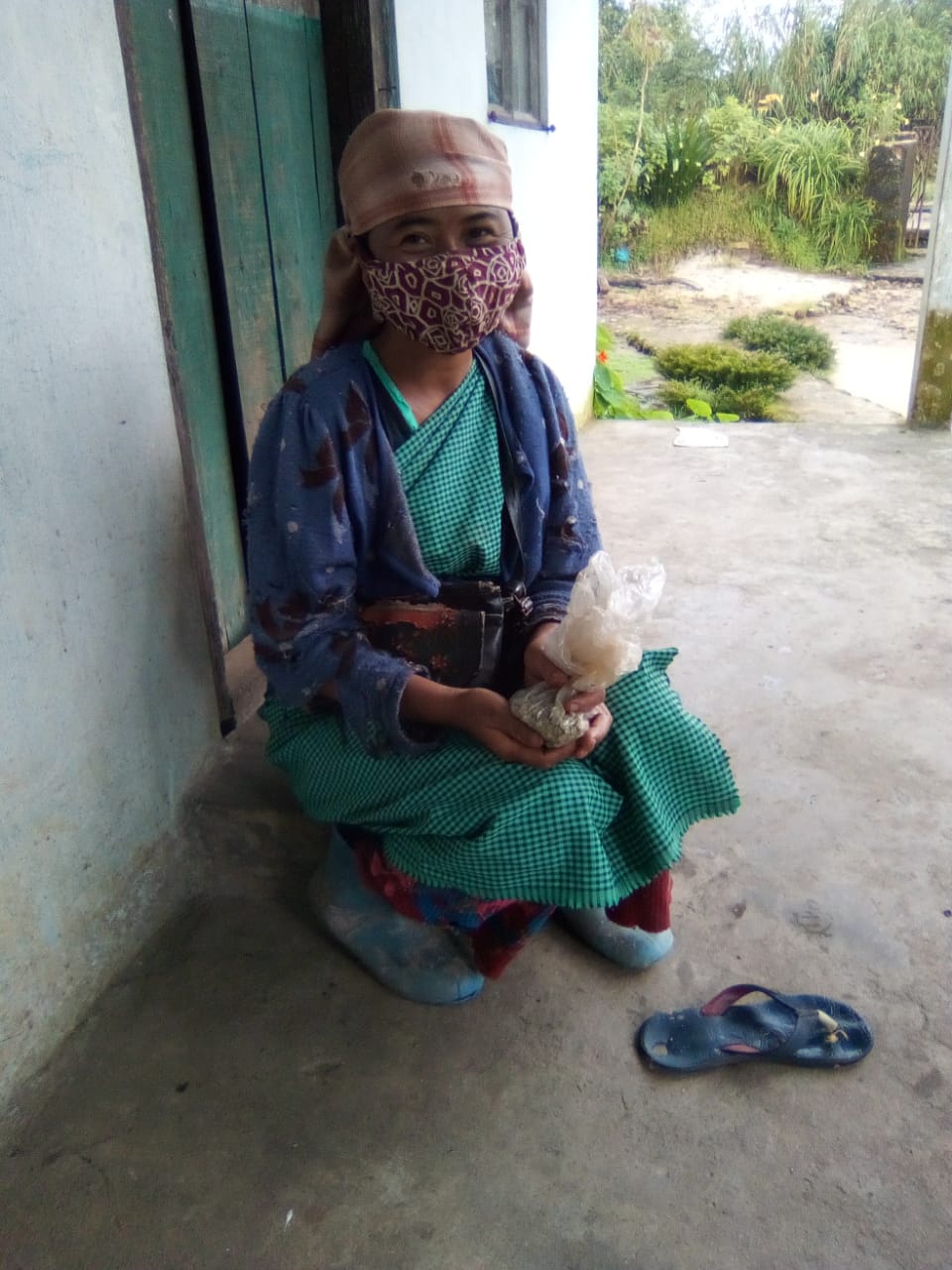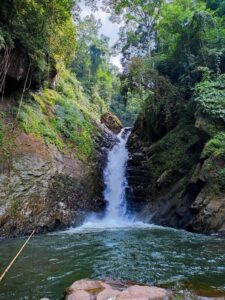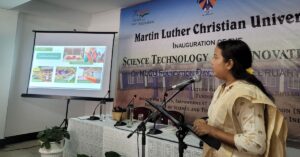The North East Slow Food and Agrobiodiversity Society (NESFAS) has been supporting several local communities to defend and revitalize their local food systems through various approaches (awareness programmes, training, workshops, exchange visits, and many more) for the future of food security and food sovereignty. In doing so, the team faced many hurdles to persuade and change the mindset of people, as a result of which, many local seed varieties are either missing or are lost from our plate.

However, the ongoing COVID-19 pandemic has acted as a fundamental lesson to empower local communities in promoting healthy and local food varieties. Community members are now putting in an extra effort to cultivate healthy produce in their kitchen gardens/home gardens to increase production and at the same time, keep a tab on healthy eating. In doing so, they have come to realise the importance of preserving local seed and food security during these trying times.
It has come to the team’s notice that many community members are now engaged in farming activities, including the members who are not used to it. On the other hand, many community members are also cultivating cash crops, and amidst the pandemic, are now looking for local seeds. This is so mainly because these seeds are climate resilient crops.
Interestingly, after several trainings that they have received from NESFAS, through several Youth Campaigns of Indigenous Food System, they now have a clearer understanding of the importance of preserving local seeds during such unpredicted incidents.
Community members have now come to realise the importance of seed exchange and seed sharing among different communities. Consequently, on August 9 and 19, 2020, millet, mustard, radish, pea, maize, potato, bean, and jaud seeds were collected from Liarsluid (Ri-Bhoi), Laitsohpliah (East Khasi Hills), Pashang (East Khasi Hills), and Umsawwar (East Khasi Hills) and distributed to five communities in East Khasi Hills — Mawkma, Nongpriang, Mustoh, Pyngkya and Nohron.
NESFAS associates, field coordinators and community facilitators helped the community members facilitate the seed exchange and sharing process, amidst the pandemic situation. The team collected the seeds from the communities (while following government SOP and protocols) and brought them to Shillong. After that, the field coordinators handed the seeds to the community facilitators of various communities.
In Mawkma, the seeds have been distributed to the Participatory Guarantee Scheme group (PGS) members and to eight vulnerable families to help increase seed varieties and production in their kitchen garden. In Nongpriang, the seeds have been equally distributed to all community members to plant in their kitchen gardens.
On the other hand, in Nohron village, the seeds haves been distributed to the Self Help Groups (SHGs). In Mustoh, the seeds were distributed to vulnerable families to plant them in their kitchen gardens to increase the seeds variety in the community. The youth and PGS groups of the community initiated this. In Pyngkya, they were distributed to selected households.



